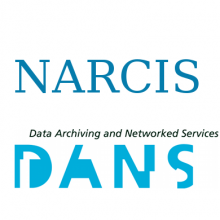Resource information
Natural areas are essential for species conservation and outdoor recreation. Where conservation and recreational values are under threat, site managers need to take measures to protect them. Scientific knowledge and tools might help them to predict the outcomes of planned measures and create support amongst stakeholders. To be accepted by all stakeholders the knowledge and tools must possess three attributes credibility, salience and legitimacy. In this PhD thesis existing scientific knowledge and tools were made context-specific and local measures were related to regional conservation targets for different study areas in the UK, Netherlands and France. The process of integrating site-specific data and local knowledge in the tools helps stakeholders explain their view of the local context and increases the salience and legitimacy of the knowledge and tools while their credibility is maintained. This leads to a co-learning process between recreation stakeholders, conservation stakeholders, managers and scientists where measures are supported by all parties involved.



